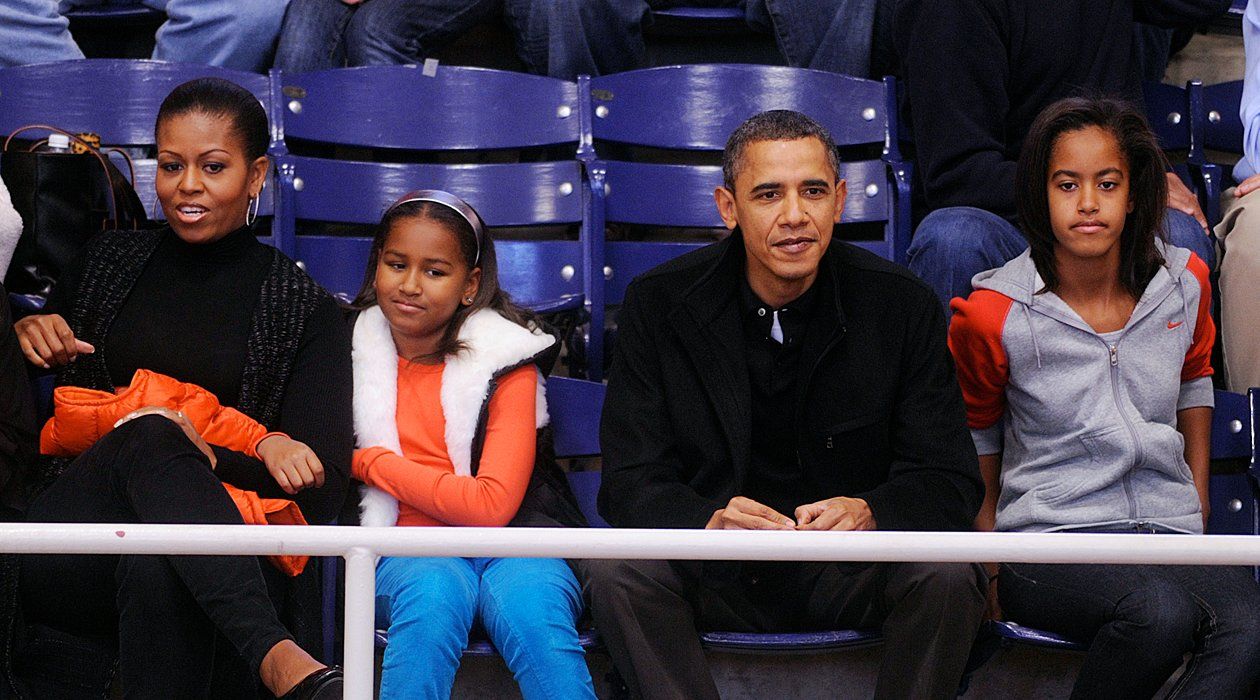
Republicans would apparently sooner walk over broken glass than yield on tax cuts for the rich. President Obama lacks that degree of ideological fervor, which is why he was elected. He's not a fighter; he's a conciliator. The Harvard Law Review, where he expertly resolved petty turf and academic battles, didn't prepare him for the intractable nature of today's GOP. In the battle over the Bush-era tax cuts, he folded earlier than he should have, but at the end of the day, he did the right thing in accepting the extension in exchange for a package that puts more money into the economy and helps the middle class.
You could say we're all Keynesians now, with Republicans cheering government spending as long as it's in the form of tax cuts. Obama surrendered on the upper-income tax cuts, but his former budget adviser, Peter Orzag, argued in an op-ed some months ago that the economy is so weak that a temporary extension makes economic and now political sense. The rating agencies are boosting their estimates of growth, based on the framework Obama negotiated with Republican leaders, and if Obama can't bring down the unemployment rate, he's toast in 2012 anyway.
If Obama had stared down the Republicans and let all the tax cuts expire rather than given the GOP what they wanted, that would inflict real financial pain along with a cable-news uproar over how he can't govern. The president probably got the best deal available to him given the emboldened GOP, and it's a first step toward recapturing the post-partisan, nonideological persona that he campaigned on. Republicans won big in the midterms, but they were the beneficiaries of a primal scream of disgust with politics as usual, and they shouldn't mistake that as a mandate for their conservative agenda.
When asked whether the newly elected GOP House majority should pursue its own course or seek compromise with the Obama administration, 70 percent of those polled chose compromise, according to a new Allstate/National Journal Heartland Monitor poll. Pollster Ed Reilly says that in a period of economic anxiety, "you need to make peace." For political activists on both sides, compromise is a dirty word, but it's what the American people want, and it's what Obama campaigned on: his ability to bring people together.
Unlike Bill Clinton, who is a survivor, Obama is an adapter, says Democratic pollster Peter Hart. "If Clinton were on the Titanic, he'd be in lifeboat No. 1," says Hart, recalling how Clinton, who grew up with an alcoholic stepfather, did whatever it took to survive politically, from bringing in Dick Morris on the sly without telling his longtime aides to lying about sex. Growing up, Obama had to adapt to living in different places with his mother and with his grandparents, and also to his mixed-race heritage. This week he adapted to the new political reality on Capitol Hill. No muss, no fuss, that's what he does. But it leaves open one question, says Hart: "Is he tough enough ... does he have a backbone of steel? People don't know that yet."
Hart asked voters in a focus group which president Obama reminds them of, and none said Clinton or Jack Kennedy. They cited FDR, for obvious reasons, such as that Obama, like Roosevelt, inherited a dire economy. And they said Jimmy Carter, which is a risky comparison for any president. But when Hart probed, he discovered voters were not thinking of Carter in terms of his weaknesses. They liked his sense of moral values, reinforced by his post-presidency humanitarian efforts.
Voters see Obama as a solid family man, and it's a point of connection that he sorely needs. Two years into his presidency, the public is having a hard time coming to grips with him, argues Hart. They are taking his measure and trying to figure out who he is, and where to place him on the compendium of presidents. They like him, they're rooting for him, and they want him to be the JFK for the 21st century. But his presidency has been too choppy and lacking in theatrics for voters to get a good grasp on what Obama is all about.
When Clinton was president, Hart would ask voters to imagine Sunday morning in the Clinton household. Hillary typically would be pictured at her desk drafting a position paper while her husband practiced his putting. "Nobody mentioned Chelsea, there was no sense of family," he says, an omission the Clintons corrected for during the reelection campaign. With Obama, Hart doesn't even ask the question, because he knows what the answer will be. There is no ambiguity about Obama's relationship with his family, which gives voters a sense of reassurance about Obama as a person.
Now he's got to fill in the rest of the blanks about who he is and what he stands for, and the next two years should give him ample opportunity.
Eleanor Clift is also the author of Two Weeks of Life: A Memoir of Love, Death, and Politics and Founding Sisters and the Nineteenth Amendment.
Uncommon Knowledge
Newsweek is committed to challenging conventional wisdom and finding connections in the search for common ground.
Newsweek is committed to challenging conventional wisdom and finding connections in the search for common ground.
About the writer
To read how Newsweek uses AI as a newsroom tool, Click here.








